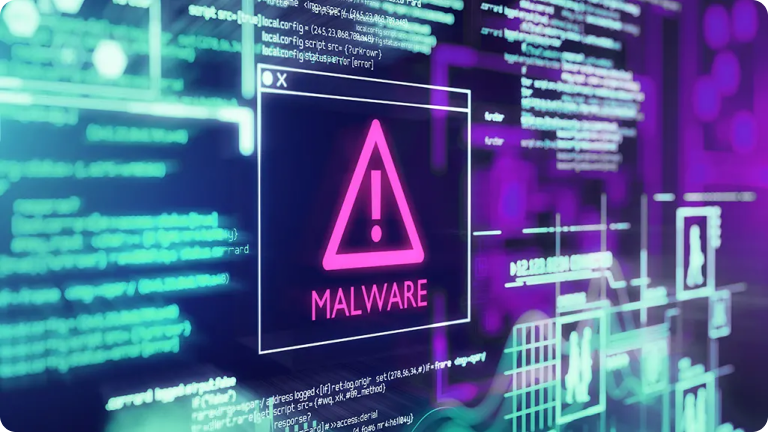

6 tips to help you stay safe on public Wi-Fi
With airports, hotels, coffee shops and even some of our national parks now offering free Wi-Fi access to visitors, using your tech to stay connected while on the go is easier than ever. While it is convenient, there is one thing you need to keep in mind when using these open networks: security.
Unlike private home networks, public Wi-Fi hotspots do not always offer a high level of protection. That means information transferred while using them could potentially fall into the hands of cybercriminals, who’ve been known to spy on public Wi-Fi networks and intercept data.
Asurion Experts help our millions of customers enjoy their tech experience without worry every day, including offering digital security solutions. We’ve compiled these 6 simple things you should do while using public Wi-Fi to keep your information safe.
1. Turn off automatic Wi-Fi connections.
Your best bet is to set your smartphone and computer to only connect to networks you select, instead of allowing your devices to search for and connect to any available network.
2. Turn off sharing and turn on your firewall.
Most computers allow you the option to disable file and computer sharing while on public Wi-Fi. We’ll show you how:
For Windows: Control Panel > Network and Sharing Center > Change advanced sharing settings
For MacOS: System Preferences > Sharing
Another useful step is to keep your firewall turned on, which will block unauthorized access to your computer while it’s on a public network.
For Windows: Control Panel > System and Security > Windows Defender Firewall
For MacOS: System Preferences > Security & Privacy > Firewall
3. Know your network.
A common technique of hackers is to set up fake Wi-Fi hotspots with names similar to the real ones in order to trick users into thinking they’re legit. Before you connect to a public network, be sure of the exact name of the network you want to use. If you’re not sure, it never hurts to check with an employee.
4. Limit what you do while using public Wi-Fi.
Public networks are great for doing things like scrolling the latest news headlines or taking Buzzfeed quizzes, but we wouldn’t recommend using them for the important stuff. Accessing any online accounts that are password protected, or online shopping that requires you to enter a credit card number, are things better saved for doing on your trusted home network – or even your cell phone network.
5. Use secure connections.
An easy way to stay safe on public Wi-Fi is to only browse websites that start with “https” instead of “http.” Https sites are encrypted. Simply put, that means they offer an extra layer of security that keeps your data invisible to hackers trying to snoop on the network.
6. Use two-factor authentication.
Many websites are now offering two-factor authentication that requires you to jump through an extra hoop to prove your identity. When logging into your Instagram account, for example, it asks your password and then will text you a one-time use code to your smartphone. Before you’re granted access, you must enter this special code. Sure, it’ll take you a little longer to log in each time, but it’s worth it in the long run to protect yourself.
More guides picked just for you
Want even more tips? We have a few more you may like. Check them out, or see all articles.
*The Asurion® trademarks and logos are the property of Asurion, LLC. All rights reserved. All other trademarks are the property of their respective owners. Asurion is not affiliated with, sponsored by, or endorsed by any of the respective owners of the other trademarks appearing herein.*
By connecting with an expert, you agree to the and Terms of Service.
Terms & Conditions (BC, MB, QC, SK), Terms & Conditions (All Other Provinces)


